![]()
Unveiling the Magnificent Tale of Earl Thomas Conley‘s “Fire and Smoke”
Witnessing the Birth of a Songwriting Legend:
“Fire and Smoke” (written by Earl Thomas Conley)
Earl Thomas Conley, despite his lifelong passion for music, didn’t venture into songwriting until the age of 26 in 1968. From that moment, he dedicated himself wholeheartedly to honing his craft. However, his early efforts were met with little interest during his frequent trips between his hometown of Portsmouth, Ohio, and the bustling music hub of Nashville.
In 1970, Conley found himself in Huntsville, Alabama, where he continued to perform at local nightclubs. It was during this time that a chance encounter at a nearby studio changed the course of his recording career. Earl walked into the studio unannounced and handed his tape to the studio owner, Nelson Larkin, who happened to be a part-time producer earning his living selling insurance.
Initially, Larkin found the tape underwhelming and was about to share his critique with Conley. However, there was something about Earl’s voice that caught his attention, prompting him to invite him back the following day. Recognizing Conley’s potential, Nelson decided to embark on a collaborative journey with him. Together, they recorded several tracks, including a remake of Joan Baez’s popular pop hit, “The Night They Drove Old Dixie Down.” Despite their efforts, the songs released on Larkin’s “Prize” label failed to make a significant impact.
In 1975, Conley and Larkin joined forces with a production team and signed with Atlanta’s GRT Records. This partnership marked Earl’s first appearance on Billboard’s country chart with “I Have Loved You Girl (But Not Like This Before),” which peaked at a modest #87 (a later version on RCA reached #2). Despite subsequent singles issued by GRT, none managed to climb higher than #67. Conley’s brief stint with Warner Bros. followed, resulting in three more singles that failed to gain substantial traction before the label dropped him.
However, amidst the ups and downs, Larkin established his own independent Nashville label, Sunbird Records, and encouraged Earl to give it one final shot. Their first recording session under Sunbird yielded three tracks for Conley’s album, “Blue Pearl.” Two of these songs emerged as true hits: the captivating “#7 hit “Silent Treatment” in February of 1981 and Earl’s first of 18 chart-toppers, “Fire and Smoke,” which ascended to the #1 spot on July 11, 1981. Earl had started crafting this song in the mid-1970s, but it took the completion of “Silent Treatment” to inspire him to compose the verses and bring “Fire and Smoke” to its full potential.
The unprecedented success of “Fire and Smoke,” achieved through a small, independent label, showcased the sheer power of the song and its timeless appeal. Recognizing Conley’s immense talent, RCA acquired his Sunbird contract, leading to a string of hits that continued until 1989, with most of them reaching the coveted #1 position on the charts. Earl’s final Billboard hit was the heartfelt duet “Brotherly Love” with the late Keith Whitley, which peaked at #2 in 1991.
Earl Thomas Conley’s journey from a struggling songwriter to a chart-topping sensation stands as a testament to his unwavering dedication and undeniable talent. “Fire and Smoke” remains a shining gem in his illustrious career, forever etched in the hearts of country music enthusiasts worldwide.
- Artist: Earl Thomas Conley
- Album: Blue Pearl
- Released: 1980
Lyrics
In and out of honkey tonks from one town to the next
But anything worth loving, Lord, just too hard to forget
Everyday’s another day of feeling more the same
Looks like I’ll run out of highway before I out run the rain
But if there’s fire and smoke
Ooh, what a rush I got when your love was hot
Oh, but I couldn’t see that when the flame burned out
You’d leave a cold dark cloud, a raining down on me
So I’m reaching out to someone wishing, she were you instead
Everything I left behind was waiting up ahead
Pulling on the bottom baby, looking back on you
‘Cause anyways the right way babe as long as I pull through
But if there’s fire and smoke
Ooh, what a rush I got when your love was hot
Oh, but I couldn’t see that when the flame burned out
You’d leave a cold dark cloud, a raining down on me
Yeah, when the flame burned out
You left a cold dark cloud a raining down, a raining down on me
Down on me
Raining down on me
Raining down on me
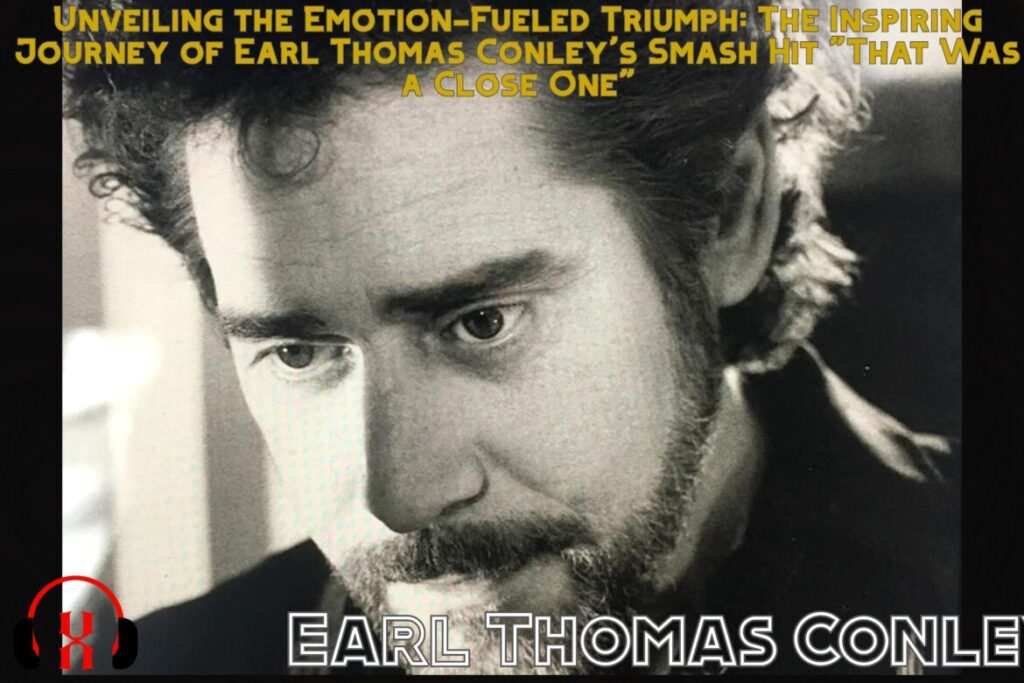
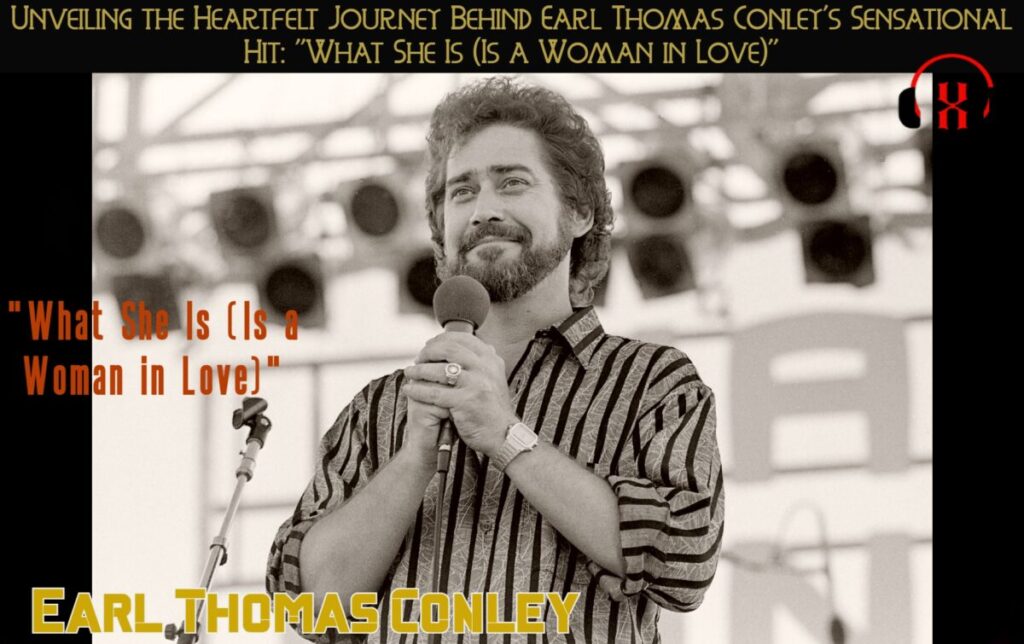
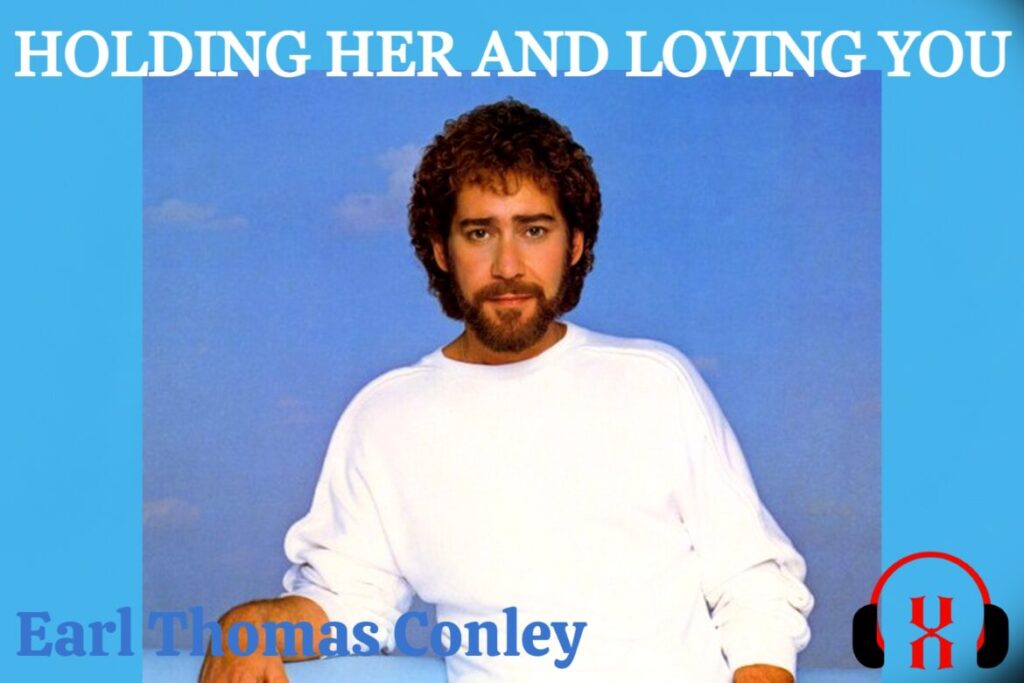


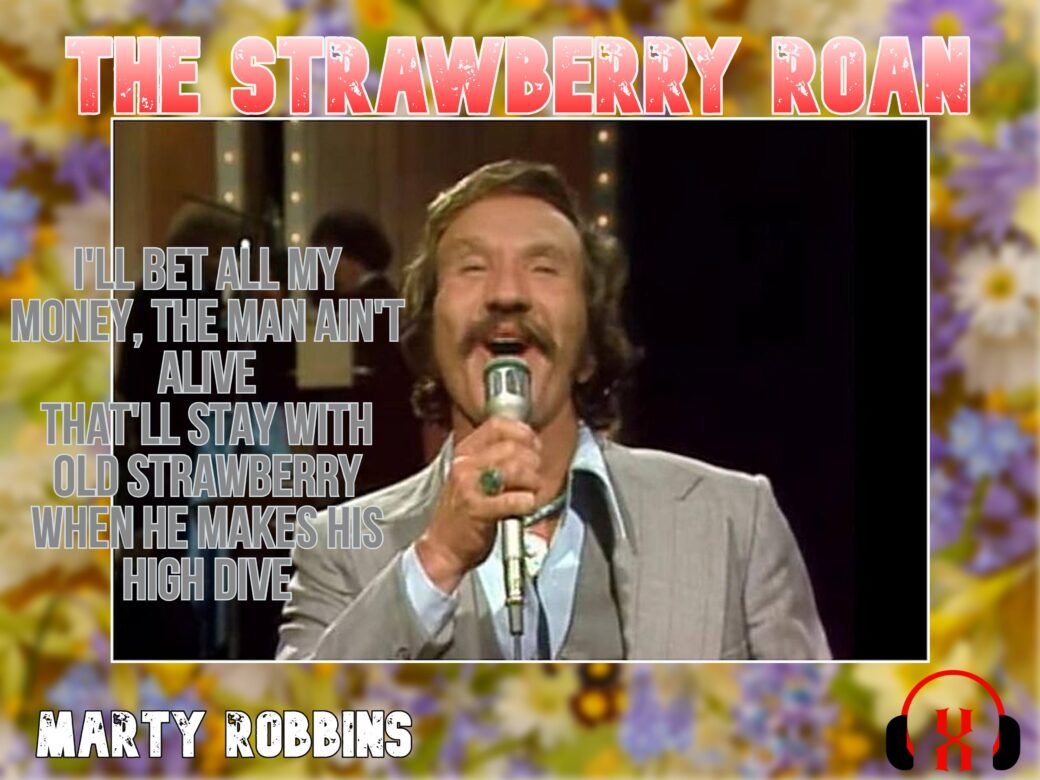
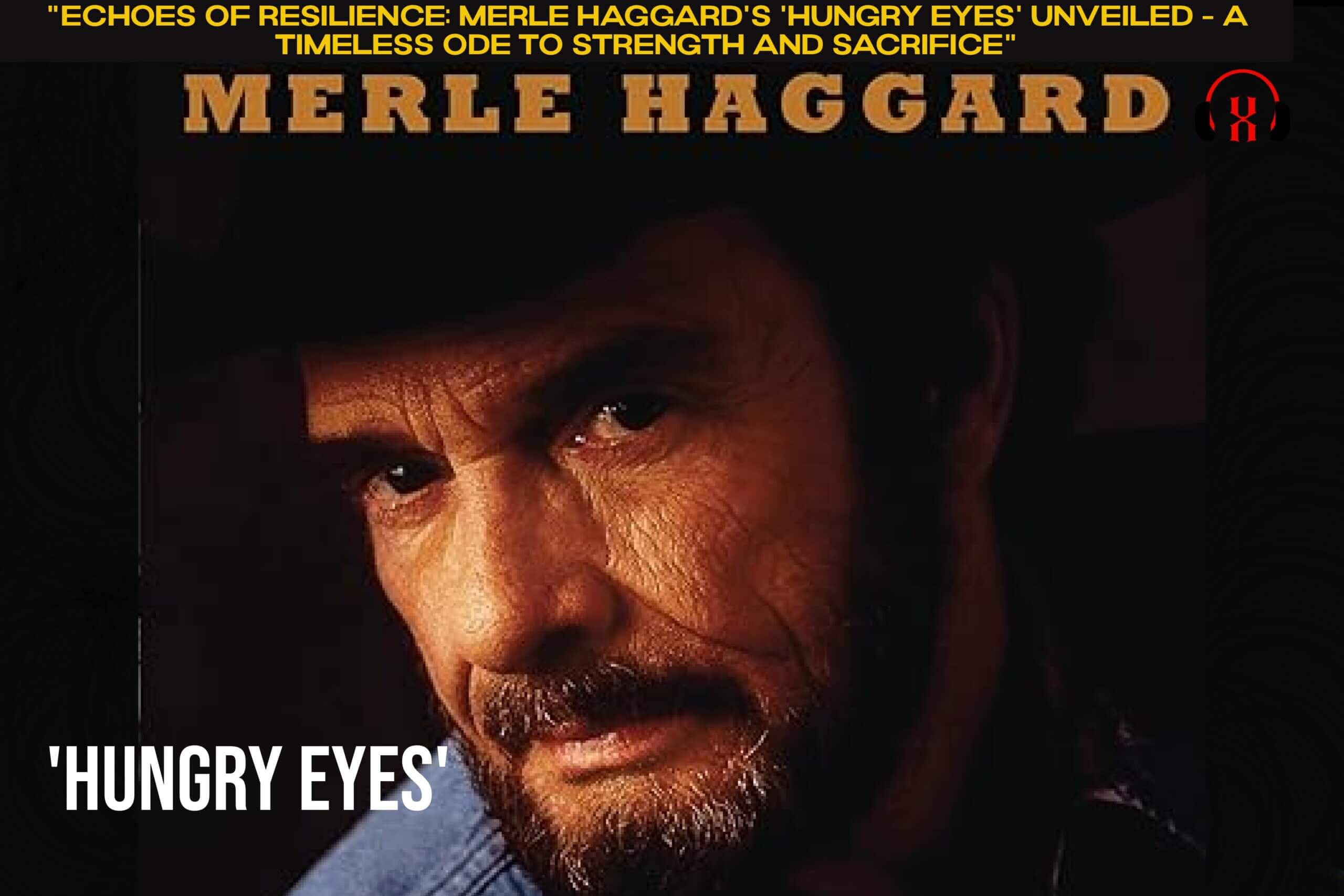
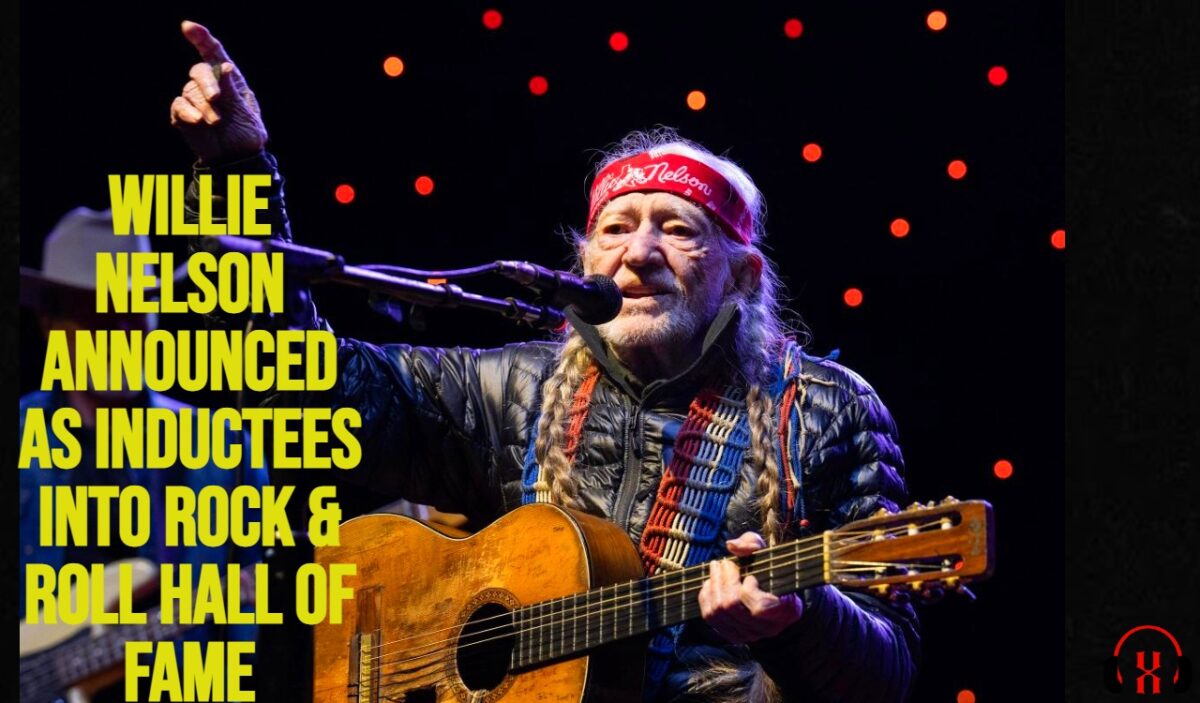
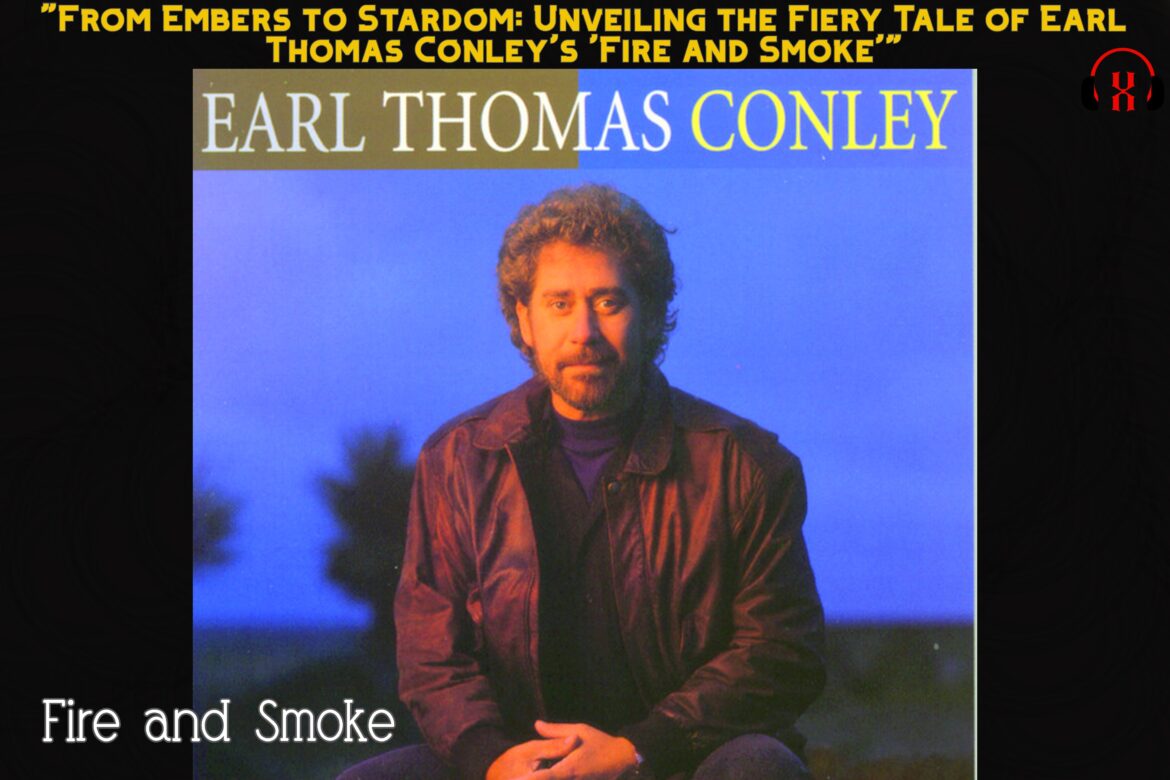
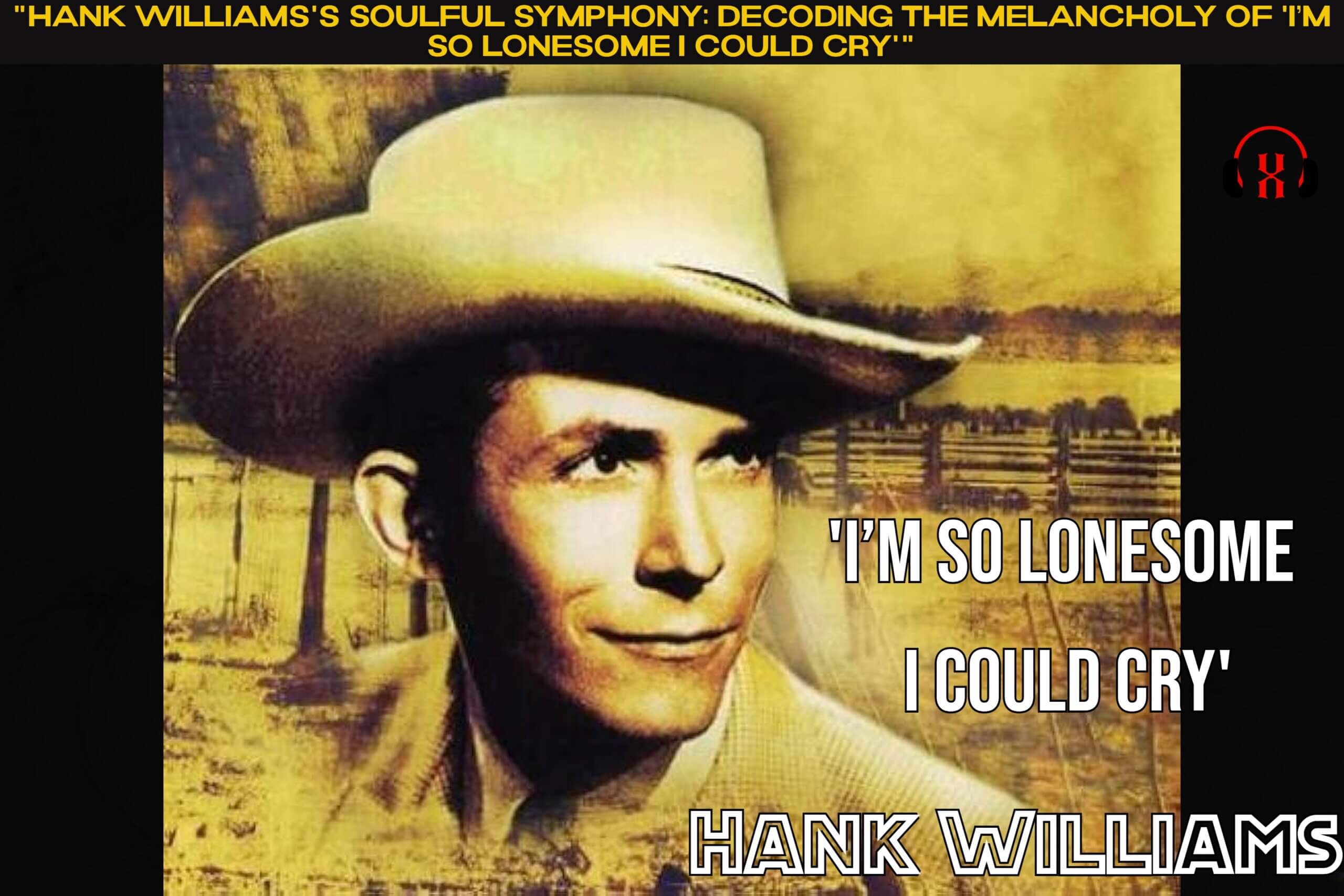

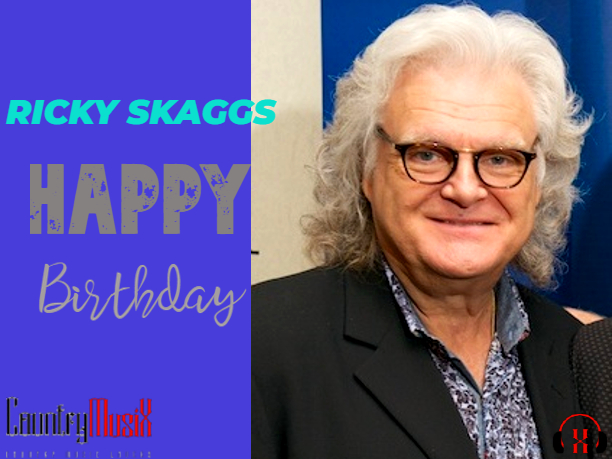
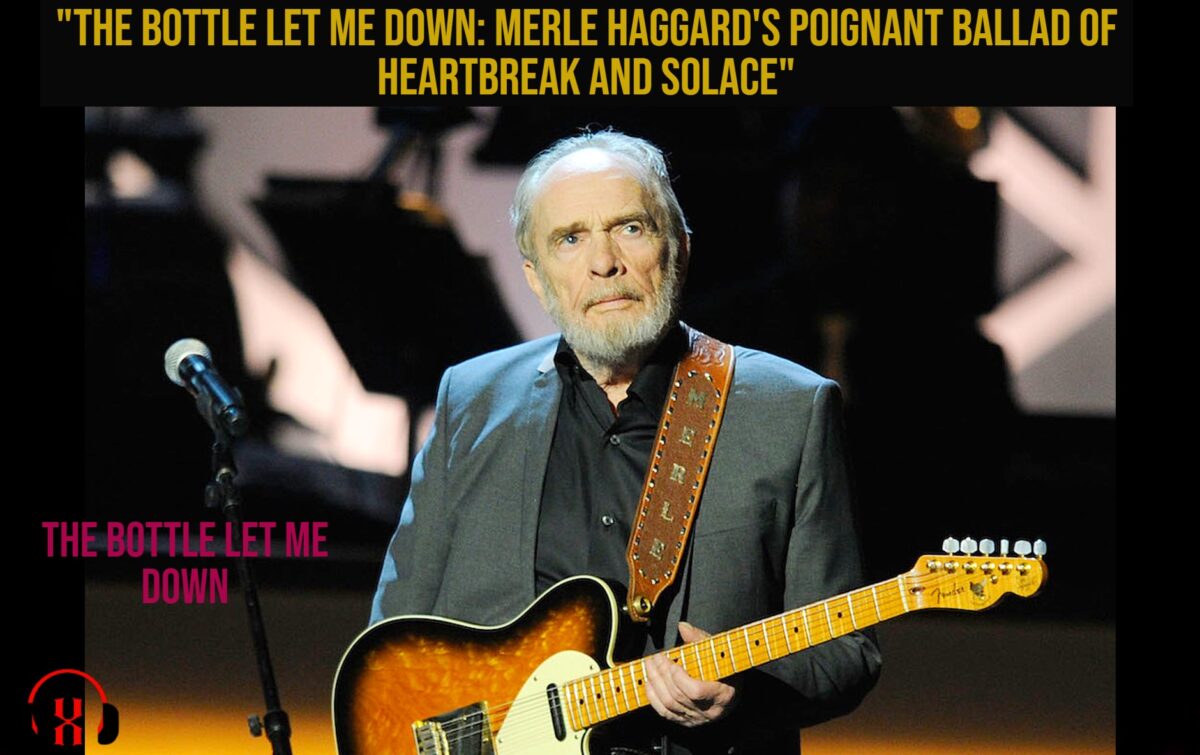
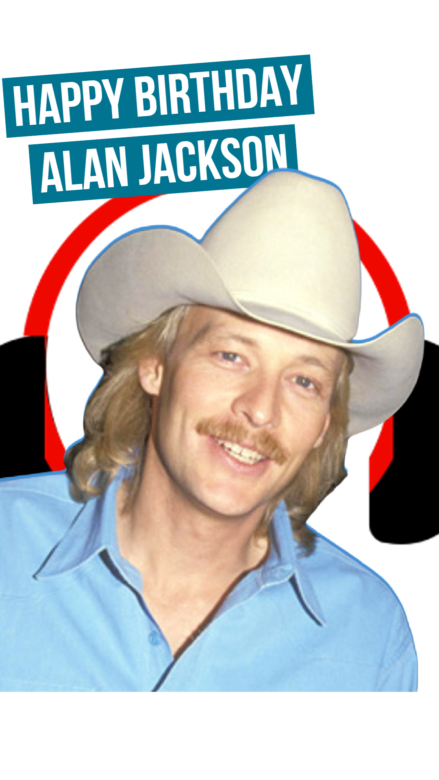
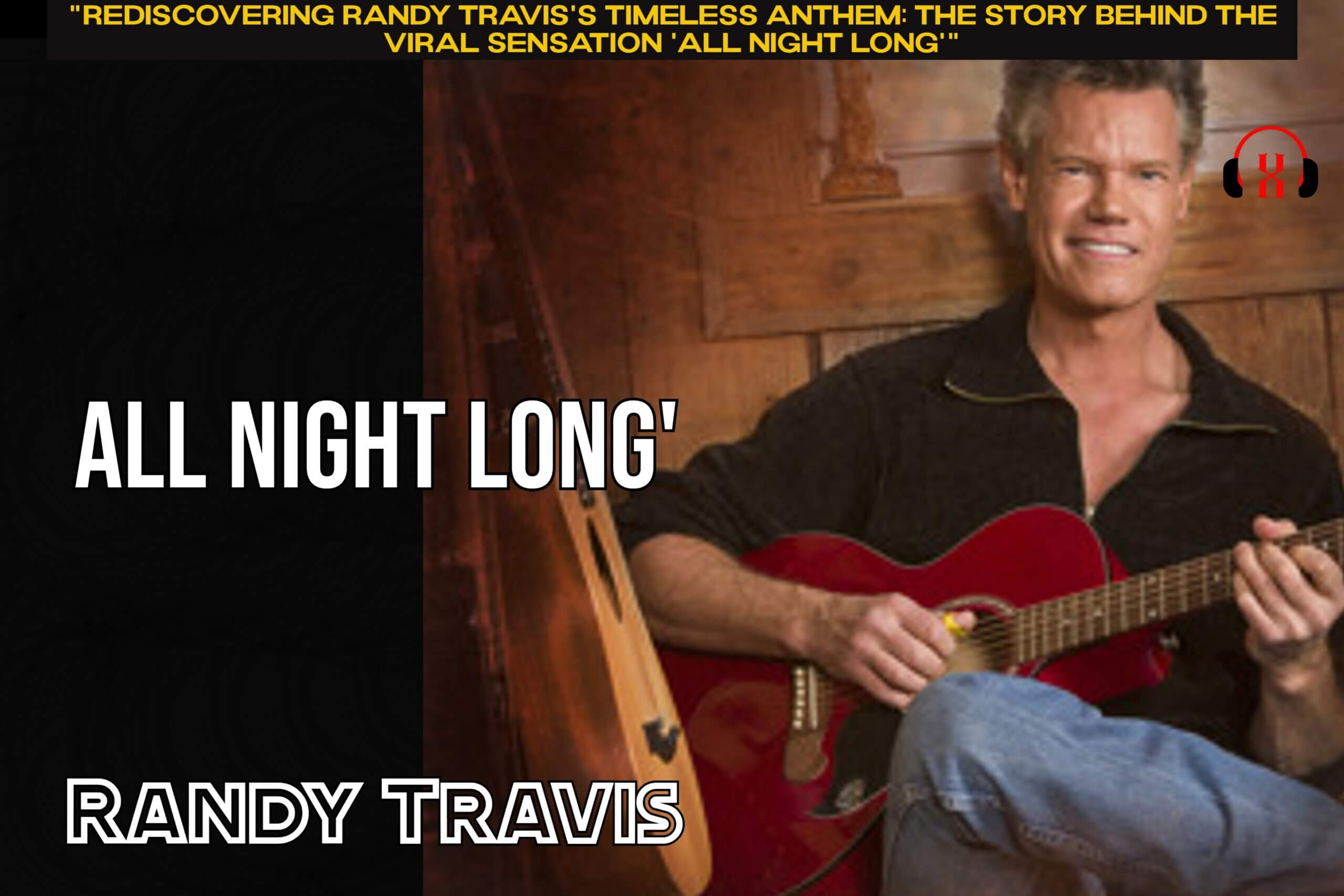
Comment on ““From Embers to Stardom: Unveiling the Fiery Tale of Earl Thomas Conley’s ‘Fire and Smoke'””